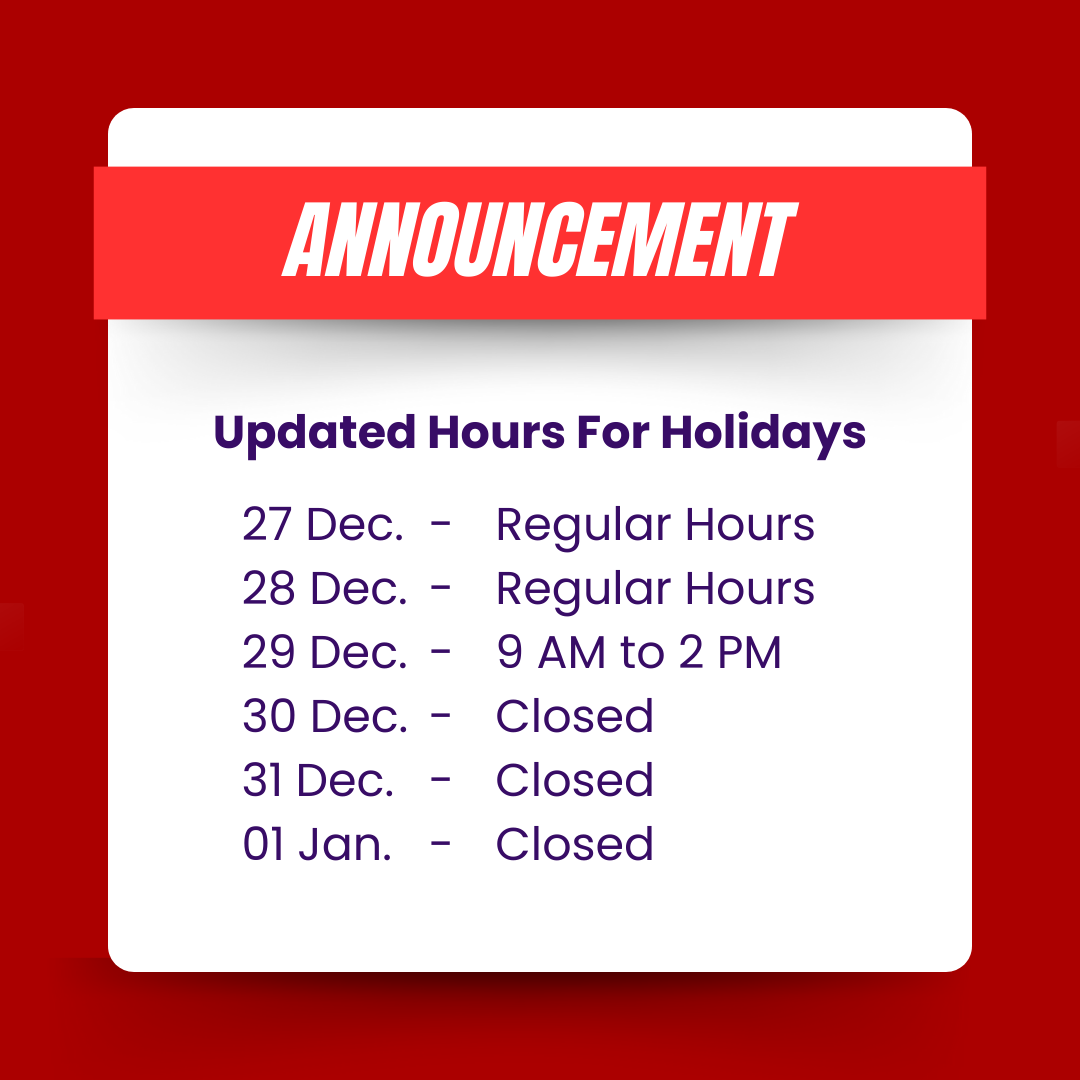In the vast landscape of vehicle ownership, registration plays a pivotal role, serving as a legal requirement and a means of identification. For residents of Ontario, Canada’s most populous province, understanding the intricacies of vehicle registration is essential. Whether you’re a seasoned driver or a new resident, navigating the process can be daunting without the right information. This comprehensive guide aims to demystify vehicle registration in Ontario, shedding light on its significance, procedures, and nuances. Ready to simplify your vehicle registration process in Ontario? Connect with Aaxel Insurance Broker today!
What is Vehicle Registration?
Vehicle registration is a legal requirement that entails officially documenting your ownership of a vehicle with the relevant authorities. In Ontario, this process is overseen by the Ontario Ministry of Transportation (MTO).
Registration serves as proof of ownership and provides essential details about the vehicle, such as its make, model, year, and Vehicle Identification Number (VIN). Additionally, it involves obtaining license plates and validation stickers, which signify that the vehicle has met the province’s safety and emission standards.
Importance of Vehicle Registration
Vehicle registration is more than just a bureaucratic formality; it’s a crucial aspect of responsible vehicle ownership. Firstly, it ensures compliance with provincial laws, as driving an unregistered vehicle can result in hefty fines and legal penalties.
Secondly, registration facilitates the identification and tracking of vehicles, aiding law enforcement agencies in cases of theft or accidents. Moreover, it acts as a safeguard for buyers, providing assurance of the vehicle’s legal status and history.
The Process of Vehicle Registration in Ontario
- Documentation Requirements: Before initiating the registration process, ensure you have the necessary documents handy. These typically include proof of ownership (such as a bill of sale or title transfer), valid identification (driver’s license or passport), and proof of insurance.
- Safety and Emissions Testing: In Ontario, most vehicles must undergo safety and emissions testing before registration. This ensures that vehicles meet the province’s safety standards and contribute to environmental conservation. Once your vehicle passes these tests, you’ll receive a Safety Standards Certificate and an Emissions Test Certificate, which are essential for registration.
- Visit a Service Ontario Centre: To complete the registration process, visit a Service Ontario Centre nearest to you. Here, you’ll submit the required documents, pay the applicable fees, and receive your license plates and validation stickers. If you’re transferring ownership or registering a used vehicle, ensure you have the necessary paperwork, including a completed Application for Transfer.
- Plate Assignment and Sticker Application: During the registration process, you’ll be assigned license plates specific to your vehicle. These plates serve as unique identifiers and must be affixed to the front and rear of your vehicle. Additionally, you’ll receive validation stickers, which indicate the expiry date of your registration and must be renewed annually.
Renewing Vehicle Registration
Once registered, it’s essential to keep track of your registration’s expiry date and renew it promptly. In Ontario, vehicle registration typically expires annually, and failing to renew it on time can lead to fines and legal consequences. Fortunately, renewing your registration is a straightforward process that can be done online, by mail, or in person at a Service Ontario Centre.
Conclusion
Vehicle registration is a fundamental aspect of vehicle ownership in Ontario, serving as a legal requirement and a vital tool for identification and compliance. By understanding the process and requirements involved, you can ensure smooth and hassle-free registration, enabling you to enjoy the privileges of driving while adhering to provincial laws and regulations. Whether you’re registering a new vehicle or renewing an existing registration, staying informed and proactive is key to a seamless experience on Ontario’s roads. Explore how Aaxel Insurance Broker can assist you in navigating Ontario’s vehicle registration requirements. Contact us now!







